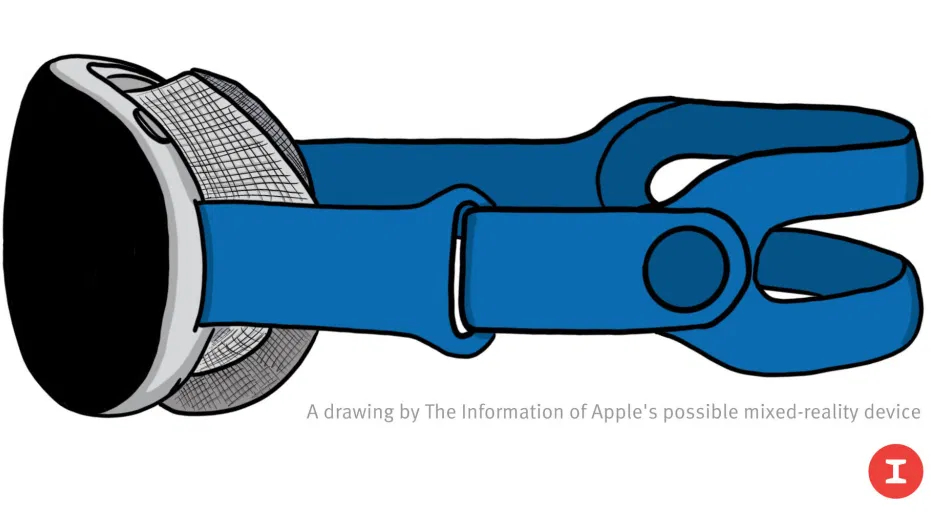Apple upcoming AR/VR headset will need to connect to an iPhone - TechnW3
What you need to know
- Apple has completed the design of its three chips for its upcoming AR/VR headset.
- It has also completed the design of the image sensor and display driver.
- The headset is expected to need an iPhone, iPad, or Mac to operate.
The first generation Apple headset will be like the Apple Watch before it.
it sounds like the first generation of Apple's upcoming AR/VR headset will need the iPhone as well.
As reported by The Information, Apple has developed three different custom-designed chips for the headset which will be manufactured by the company's longtime supply chain partner TSMC.
Apple completed work last year on the chips, including the key system on a chip (SoC), which has many different components of a device etched on a single piece of silicon, said two people familiar with the situation. The SoC and two other Apple-designed chips for the headset hit a milestone known in the semiconductor industry as tape-out, which means the physical designs of the chips are finished and ready for trial production.
It's a key stage in development of the headset, which The Information previously reported was to debut by next year at the earliest, though Apple could push the release back even further. The people said Apple's longtime partner Taiwan Semiconductor Manufacturing Co. is manufacturing the three chips, which are at least a year away from mass production.
According to the report, the system-on-a-chip that will drive the headset will not be powerful enough on its own and will need to connect with another device like the iPhone, iPad, or Mac.
More significant are the details of the SoC, which isn't as powerful as the ones made for iPhones, iPads and MacBooks. It lacks the artificial intelligence and machine-learning capabilities, known as Apple's neural engine, which those devices include, one of the people said.
Instead, the headset is meant to communicate wirelessly with a host device, presumably a phone, computer or tablet, which will handle the more powerful computing required to display virtual, mixed and augmented reality images, the person said.
Apple has designed its chip to perform some functions better than the more general-purpose chips made by third parties. For instance, Apple's chip is better at sending wireless data between the headset and the host, compressing and decompressing video and using power as efficiently as possible to maximize battery life, the person said.
The company has also finished the design of the image sensor and display driver. The report speculates that the image sensor, which will be similar to the size of the headset's lenses, is made for creating a high-resolution augmented reality experience.
Separately, a second person familiar with the situation said Apple has finished designing the image sensor and display driver. The complementary metal-oxide semiconductor image sensor is the chip that converts photons to electrons for digital processing into an image. Apple's version is unusually large, similar to the size of one of the headset's lenses, as it's meant to capture high-resolution image data from a user's surroundings for AR. TSMC has struggled to produce the chip without defects and has faced low yields during trial production, the person said.
According to the latest rumors, Apple's VR headset could launch as soon as early next year.
from iMore - Learn more. Be more.
via TechnW3


No comments: